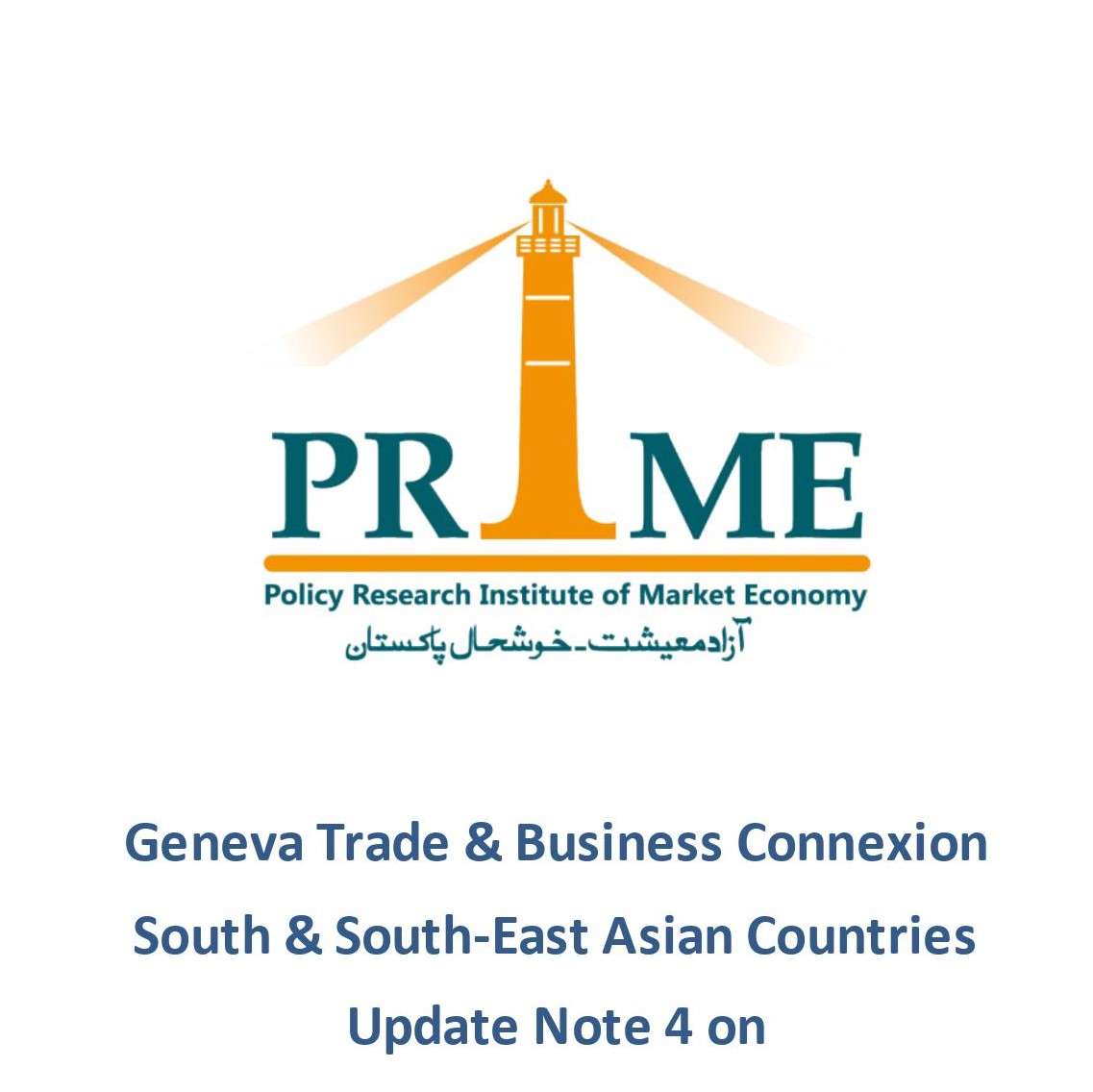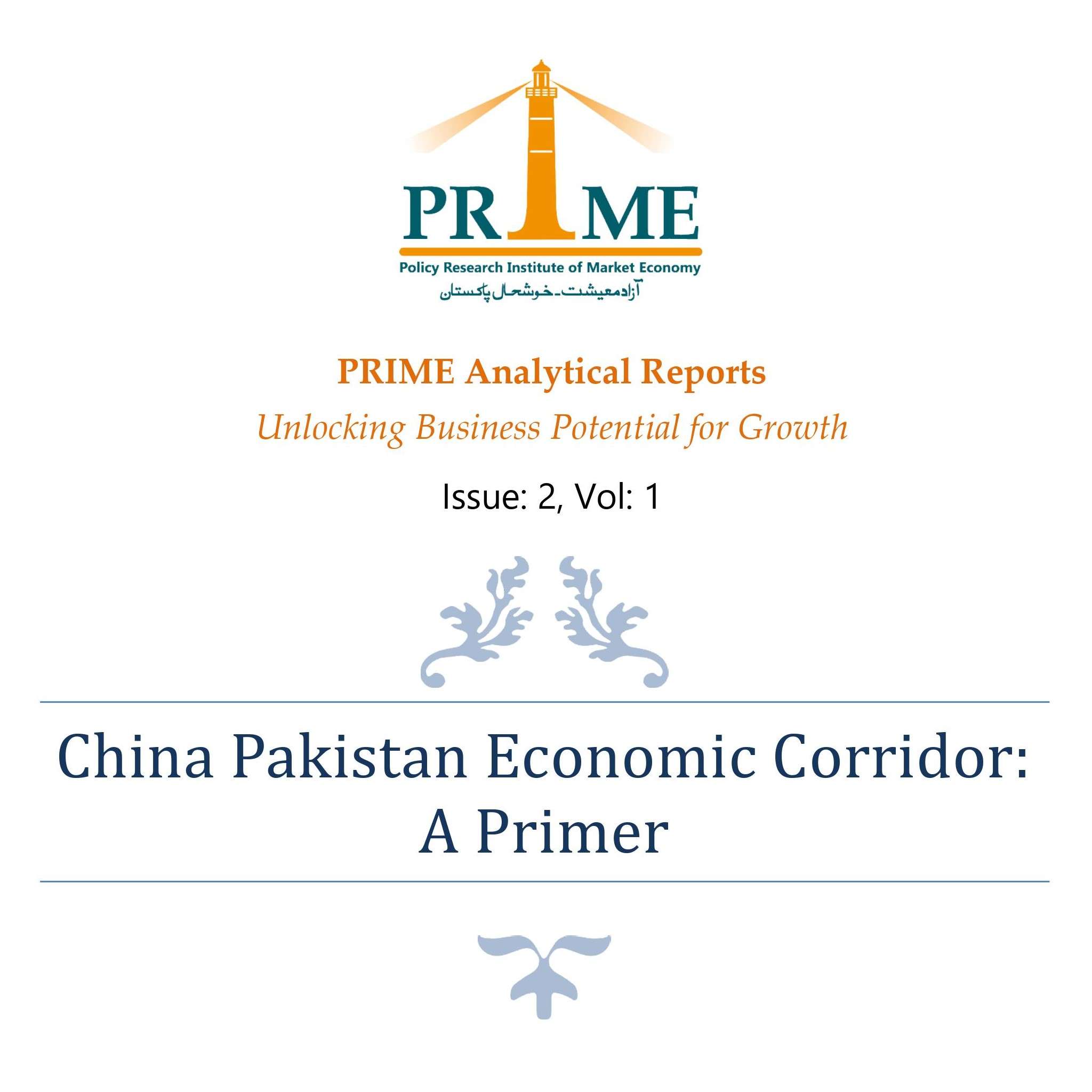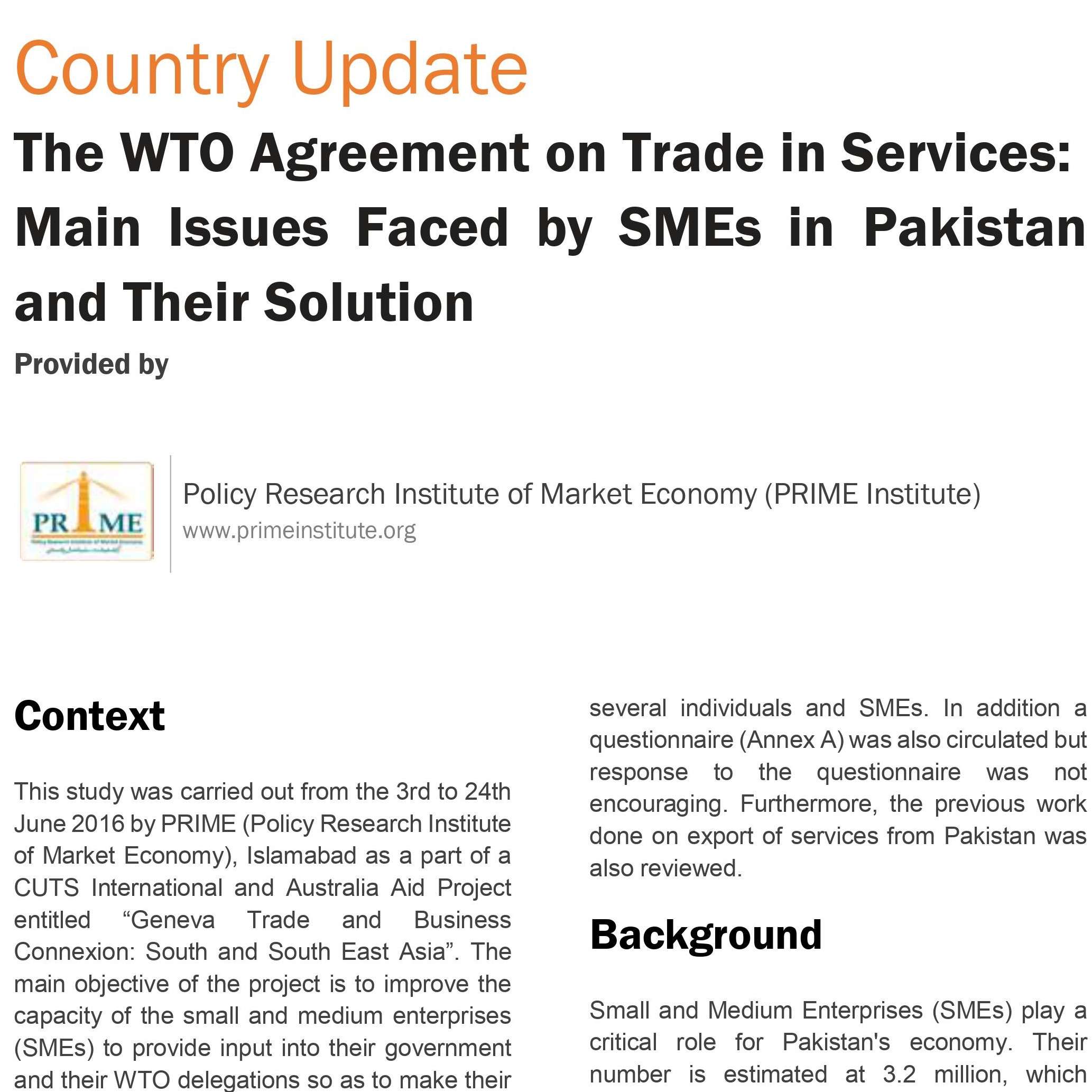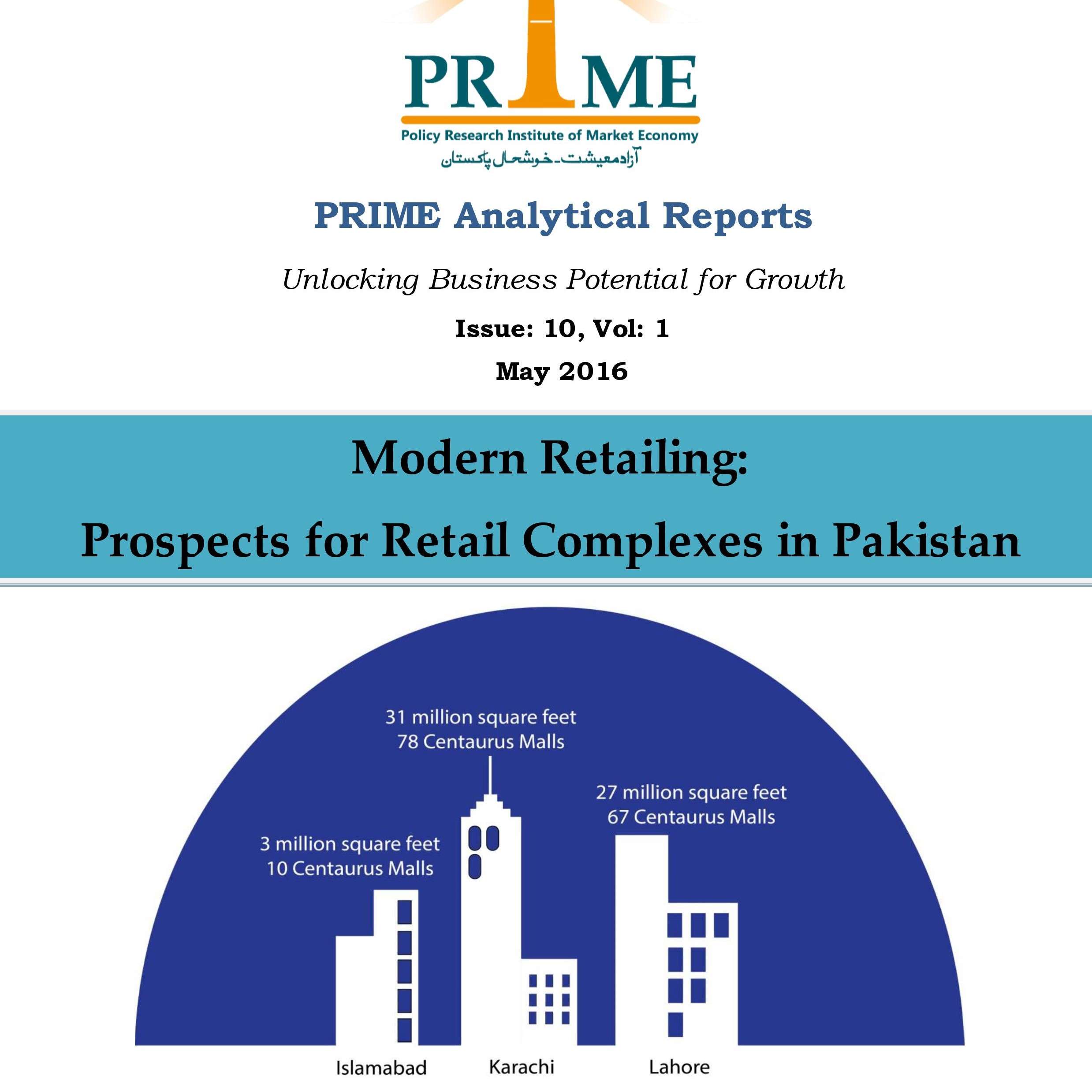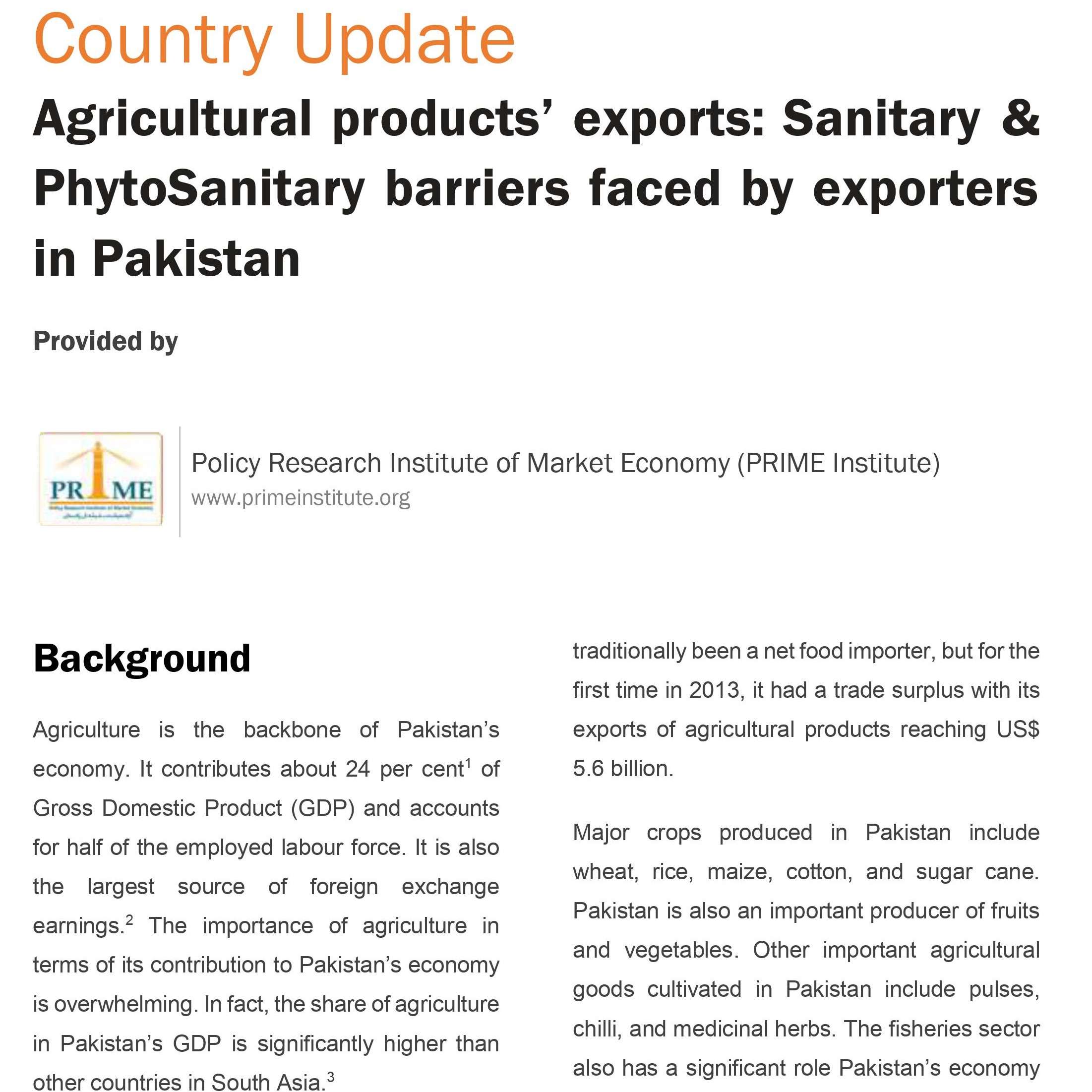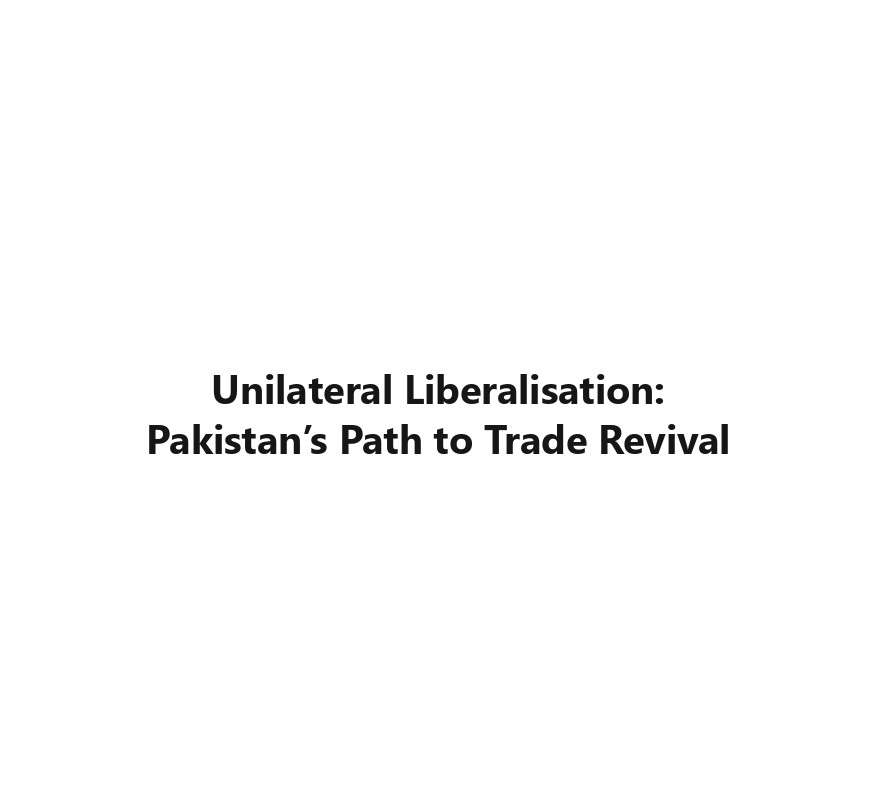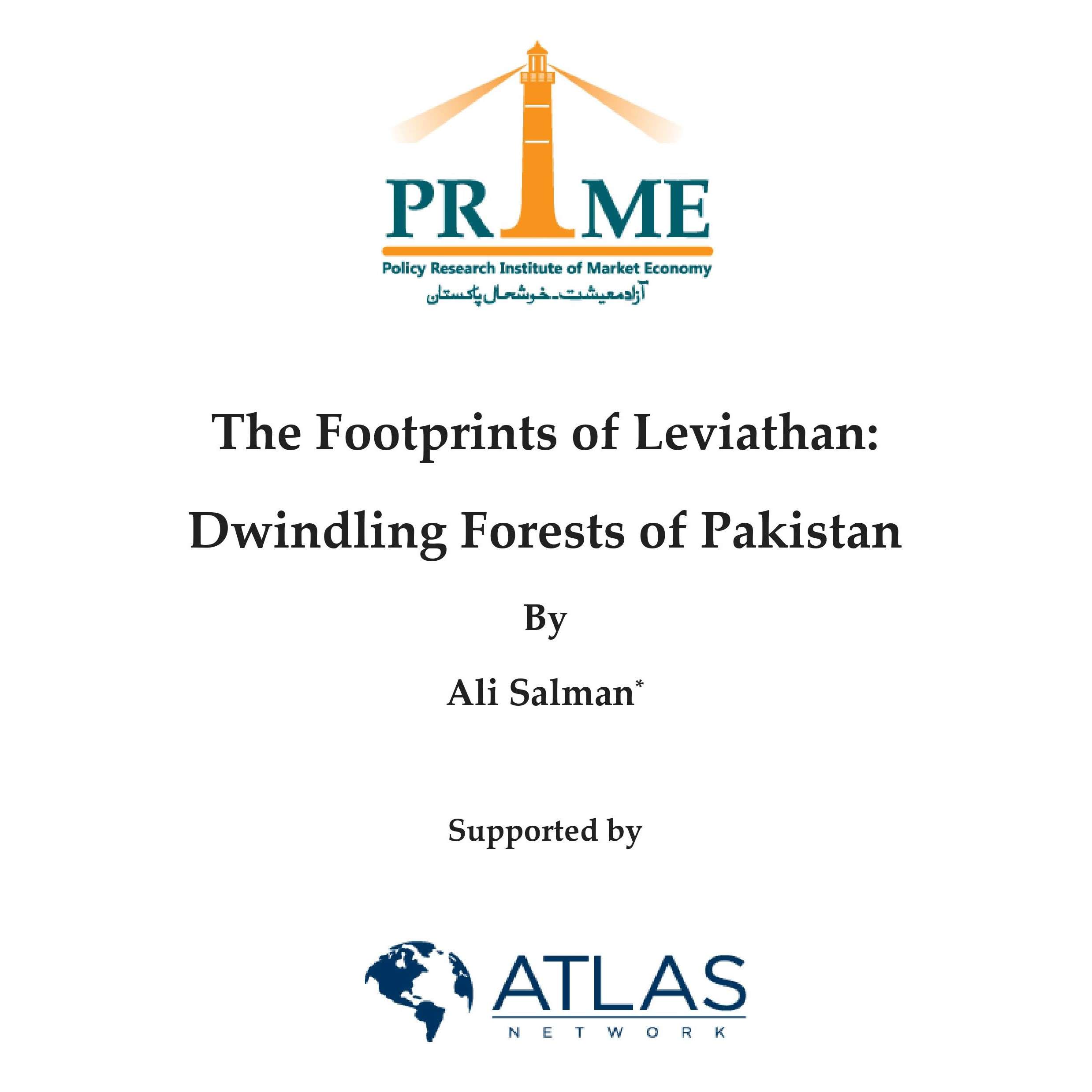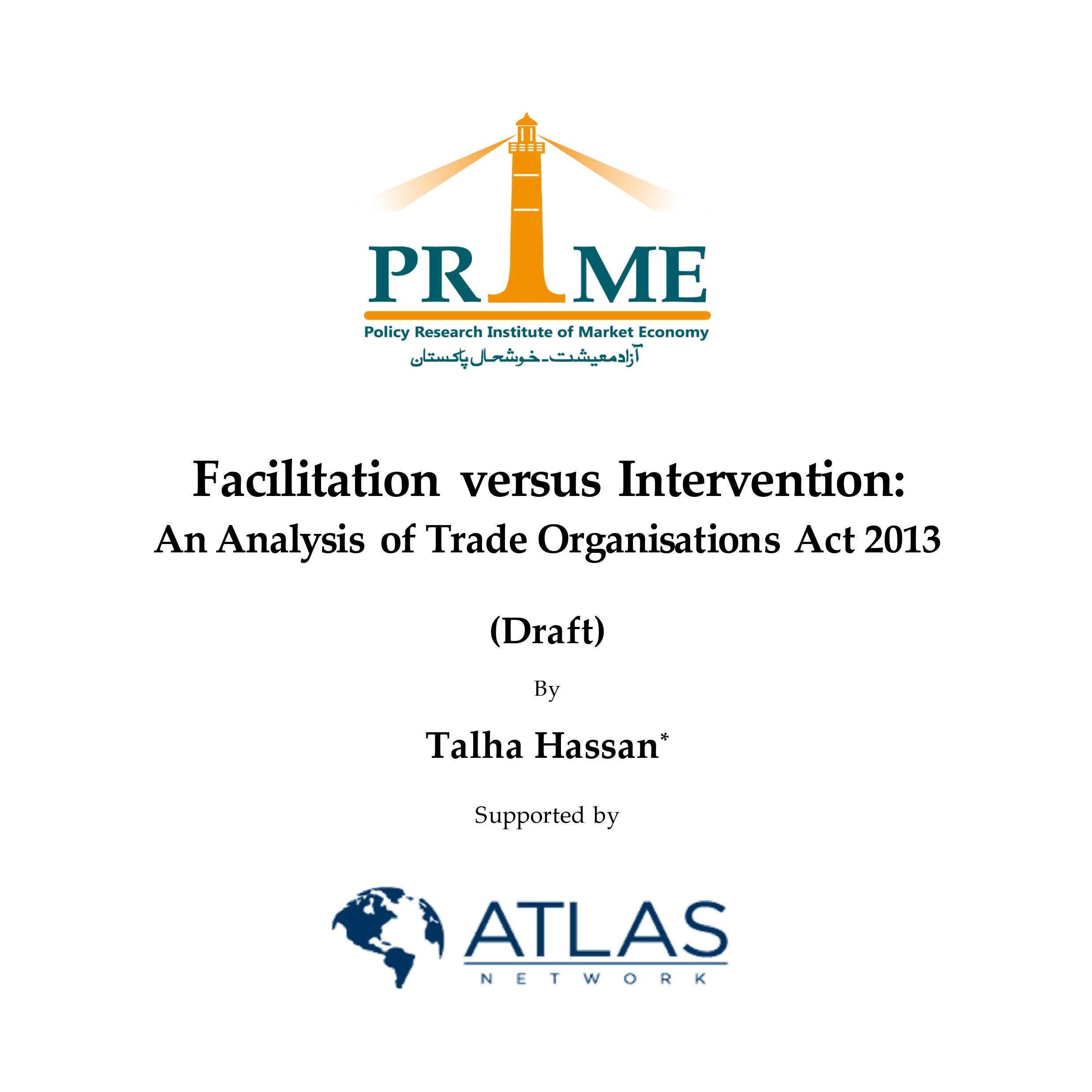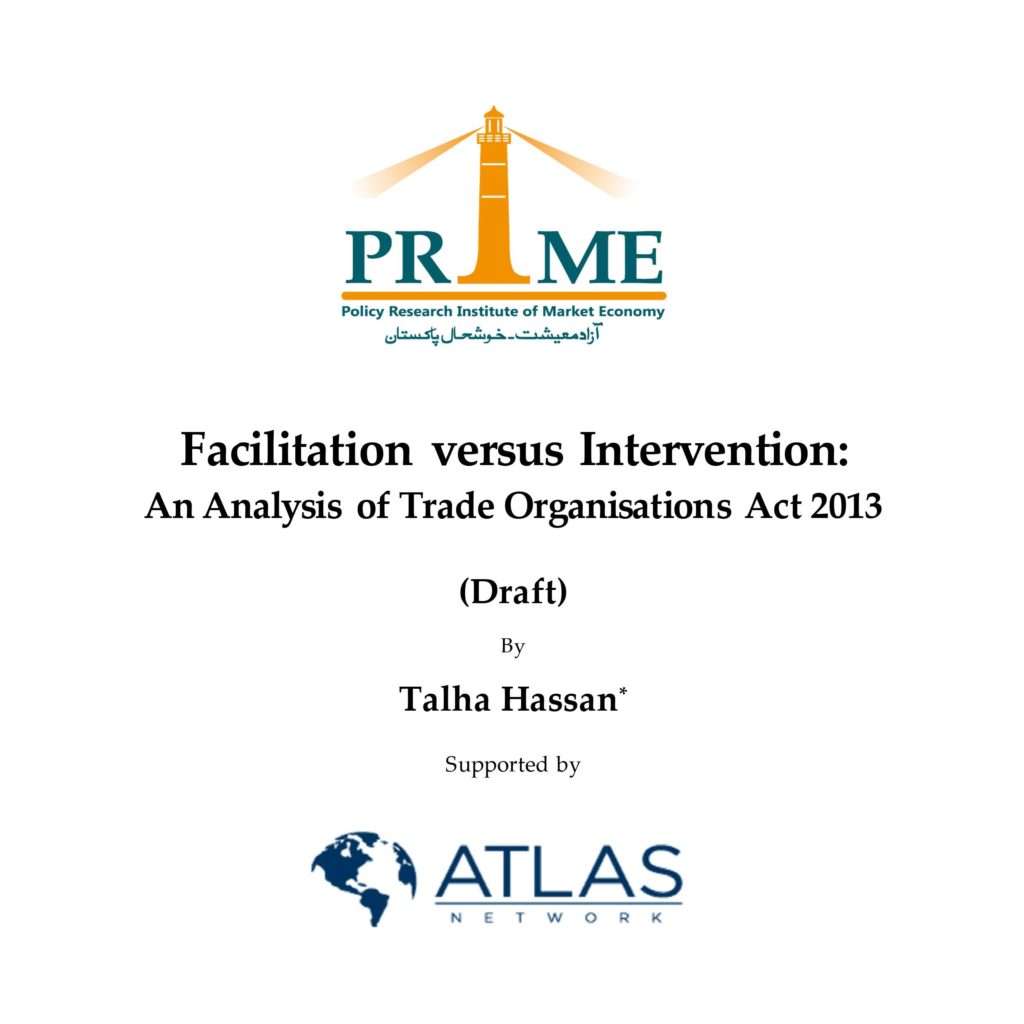Technical barriers to trade (2016)
This study was carried out from the 7th to 25th of July 2016 by PRIME (Policy Research Institute of Market Economy), Islamabad, as a part of a CUTS International and Australia Aid Project entitled “Geneva Trade and Business Connexion: South and South East Asia”. The main objective of the project is to improve the capacity of the private sector and to provide input into their government and their WTO delegations so as to make their negotiating positions fully aligned with on ground conditions faced by the private sector.
Click below to download the reports;

